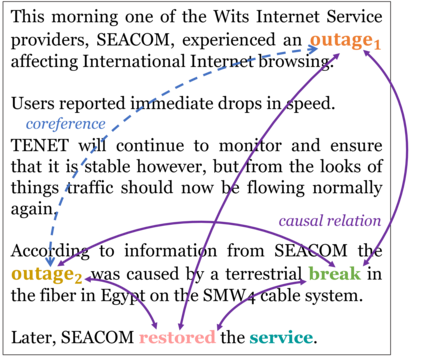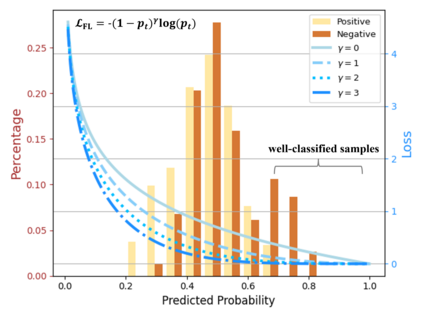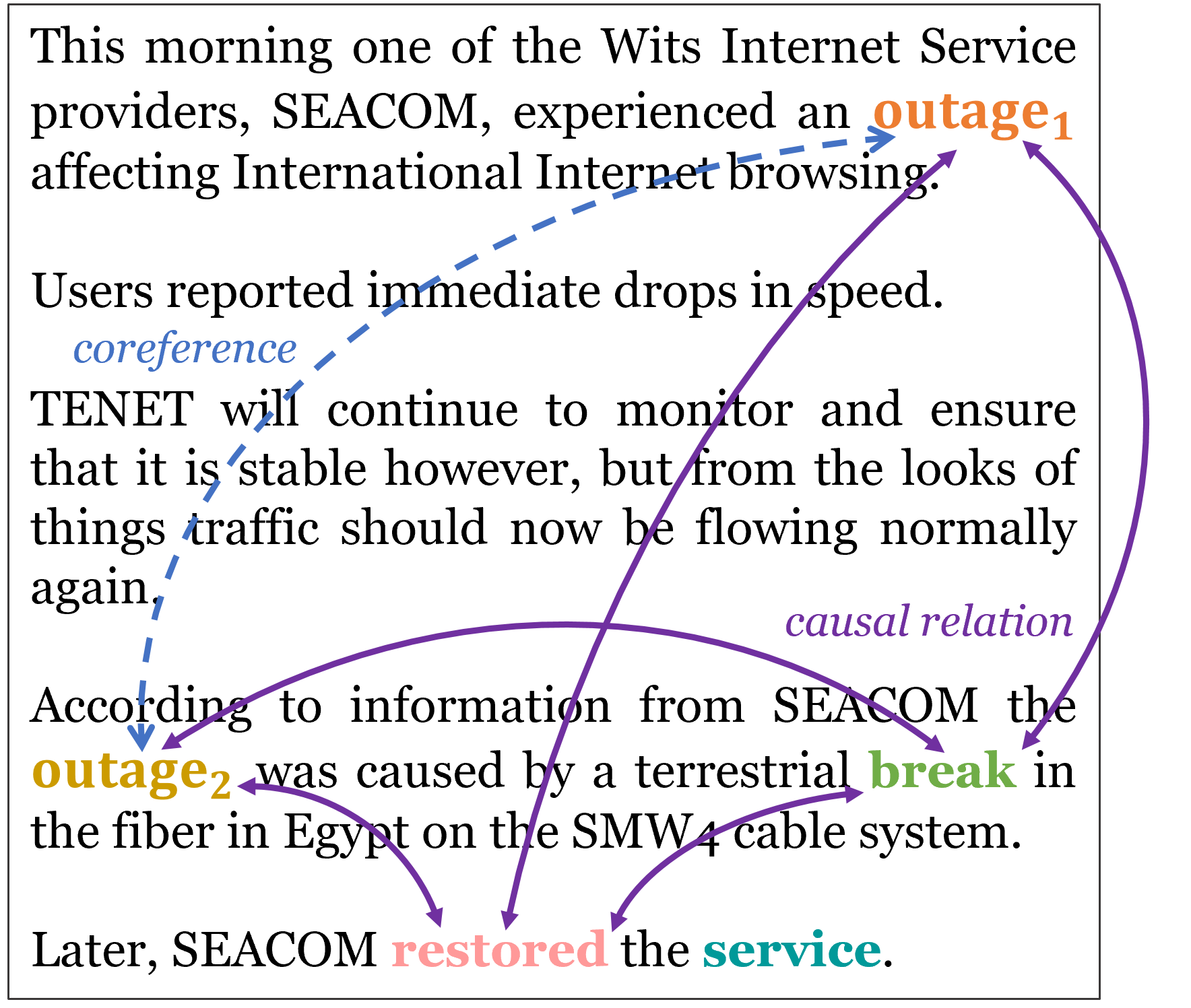Document-level Event Causality Identification (DECI) aims to identify causal relations between event pairs in a document. It poses a great challenge of across-sentence reasoning without clear causal indicators. In this paper, we propose a novel Event Relational Graph TransfOrmer (ERGO) framework for DECI, which improves existing state-of-the-art (SOTA) methods upon two aspects. First, we formulate DECI as a node classification problem by constructing an event relational graph, without the needs of prior knowledge or tools. Second, ERGO seamlessly integrates event-pair relation classification and global inference, which leverages a Relational Graph Transformer (RGT) to capture the potential causal chain. Besides, we introduce edge-building strategies and adaptive focal loss to deal with the massive false positives caused by common spurious correlation. Extensive experiments on two benchmark datasets show that ERGO significantly outperforms previous SOTA methods (13.1% F1 gains on average). We have conducted extensive quantitative analysis and case studies to provide insights for future research directions (Section 4.8).
翻译:文件级事件因果关系识别(DECI)旨在确定文件中事件对对对事件之间的因果关系,这是在没有明确因果关系指标的情况下对跨句推理提出巨大挑战。在本文件中,我们提议为DECI提出一个新的事件关系图转折(ERGO)框架,在两个方面改进现有的最先进(SOTA)方法。第一,我们将DECI编成一个节点分类问题,在不需要先前知识或工具的情况下,编造一个事件关系图。第二,ERGO无缝地整合事件-事件关系分类和全球推论,利用关系图变异器(RGT)来捕捉潜在的因果关系链。此外,我们引入了边际建设战略和适应性焦点损失,以处理共同的虚假关联引起的巨大假阳性。关于两个基准数据集的广泛实验表明,ERGO大大超越了以前的SOTA方法(平均13.1% F1收益)。我们进行了广泛的定量分析和案例研究,以便为未来的研究方向提供深刻的见解(第4.8节)。
相关内容
- Today (iOS and OS X): widgets for the Today view of Notification Center
- Share (iOS and OS X): post content to web services or share content with others
- Actions (iOS and OS X): app extensions to view or manipulate inside another app
- Photo Editing (iOS): edit a photo or video in Apple's Photos app with extensions from a third-party apps
- Finder Sync (OS X): remote file storage in the Finder with support for Finder content annotation
- Storage Provider (iOS): an interface between files inside an app and other apps on a user's device
- Custom Keyboard (iOS): system-wide alternative keyboards
Source: iOS 8 Extensions: Apple’s Plan for a Powerful App Ecosystem






